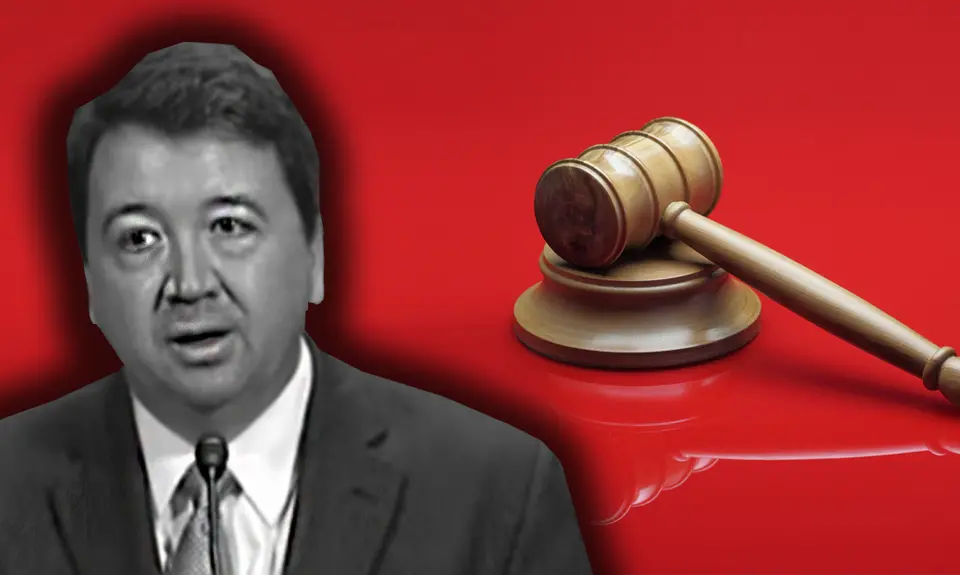“Confirmed Judges, Confirmed Fears” is a blog series documenting the harmful impact of President Trump’s judges on Americans’ rights and liberties.
Trump 6th Circuit judge John K. Bush wrote a divided decision in September in Taillard v. Rooto Corp., which affirmed the dismissal of a product liability claim by a parent and his four-year old daughter, who were burned when a corrosive product spilled out of its container. A judge appointed by President George W. Bush dissented, explaining that there were clearly issues of disputed fact that should have precluded summary judgment and dismissal of the case.
Michael Taillard, along with his wife and young children, was shopping at a Michigan store and bought a gallon jug of Rooto drain opener. 93 percent of the liquid is sulfuric acid, which is a “highly caustic chemical.” As the family was leaving the store with the product in a shopping cart, the jug tipped over the bottom edge of the cart and fell to the ground. The cap “came off the jug” and the drain opener “began spilling.” It “splashed onto the leg and foot” of Taillard’s 4-year-old daughter, causing her to “begin crying in pain.” As Taillard began helping his daughter, some of the chemical “dripped onto his own skin, burning him.” As a result, he suffered infections and later was left with “significant choreiform tremors." Taillard sued Rooto in federal court, contending that the jug’s cap design was defective. The district court granted summary judgment for Rooto and dismissed the case without trial, maintaining that Taillard had failed to rebut a presumption under Michigan law that Rooto was not liable for the cap because it complied with a federal safety standard.
On appeal, Bush wrote a 2-1 decision affirming the dismissal, but not for the reason stated by the district court. Without reaching that issue, Bush wrote that Taillard’s case should be dismissed because, based on the majority’s own review of expert and other testimony, the majority believed that Taillard had not shown that a reasonable alternative design existed. This was despite the fact that the parties and the district court had not addressed that issue as a reason for summary judgment.
Judge Helene White, who was nominated by President Bush at the suggestion of two Michigan Democratic Senators, strongly dissented. She explained that the federal standard relied on by the court below was not “relevant to the events” in this case, since it concerns preventing children from opening “a bottle containing a hazardous product,” not preventing a container from “spilling its hazardous contents” when it “falls from a modest height, which is what occurred here.” Although there might have been problems with Taillard’s expert and other evidence, she went on, it was wrong to evaluate that issue for the first time at the appellate level, when that evidence was “not challenged below as inadequate” apart from the presumption issue. In any event, White detailed that Taillard’s evidence did in fact present a “genuine issue of material fact” about whether a “reasonable alternative design was available to Rooto,” which is all that should be required in order to avoid summary judgment.
As a result of Bush’s opinion, however, Taillard will have no opportunity to prove at trial that Rooto should be liable for the serious injury suffered by him and his family. And the precedent it sets, with an appellate court dismissing a product liability case for a reason not even addressed by the court below, threatens to harm other consumers seeking justice against corporations as well.
